Five chapters. Five narrators. Five different experiences of being young Greenlanders trying to navigate the complex territory of gender and sexual identity. That’s the basic setup of Crimson by Niviaq Korneliussen, a compelling novel first written and published in Greenlandic in 2014.
This review of Crimson by Niviaq Korneliussen is my second post for Indigenous Literature Week. The first was a review of The Imaginary Lives of James Poneke by Tina Makereti.
Five chapters. Five narrators. Five different experiences of being young Greenlanders trying to navigate the complex territory of gender and sexual identity. That’s the basic setup of Crimson by Niviaq Korneliussen, a compelling novel first written and published in Greenlandic in 2014, then translated by the author into Danish, and then translated into English by Anna Halager in 2018.
The five stories are interwoven, so essentially we’re getting a single story from five different perspectives. And since each character tells the part of the story that’s important to them, the story jumps around in time. The process of reading Crimson is a bit like assembling a jigsaw puzzle, then, with more of the story becoming clear as each participant gives their view of it.
Most of the characters feel like outsiders in some way, several are depressed or suicidal, and in several cases it’s due to suppressing part of their identity. We start the novel, for example, in the company of Fia and her unsatisfying, claustrophobic relationship:
“Peter. One man. Three years. Thousands of plans. Millions of dinner invitations. Vacuuming, dishwashing and cleaning, rushing on forever towards infinity. False smiles turning uglier. Dry kisses stiffening like dessicated fish. Bad sex should be avoided at all costs. My faked orgasms get harder to believe as time goes by. But we’re still making plans.”
Fia is disgusted by Peter’s body and bored or annoyed by everything he does, and yet she feels guilty for it, wondering “how on earth can I treat the sweetest man so badly”. This self-hating tirade ends with the chilling words “Plan: Dead.”
Fia’s life changes, though, when she runs into the beautiful Sara in a bar in Nuuk and finds herself feeling an attraction that she’s never experienced before.
“My own thoughts frighten me. I don’t want to kiss her! What am I thinking of? I know my boundaries. My boundary stops here. Why the hell would I want to kiss a woman?”
And yet, as much as she asserts that she’s “not into women”, she eventually makes a new plan: “No more sausage.” And her sausage-free sexual encounters feel right in a way that her nights with Peter and other men never did. Some of the other characters experience similar trajectories, either realising or acknowledging that they’re gay or, in one case, realising that they’ve been living as a woman while really identifying as a man.
Behind all these stories is the backdrop of Greenland itself. In Crimson, Niviaq Korneliussen introduces us to a Greenland that many outsiders will not recognise. For these characters, it’s a place of alcoholic and abusive parents, a place of anger, of limited opportunities, of constrictive social norms. One character, Inuk, flees the “prison” of Greenland and goes to Denmark, where he proclaims:
“Greenland is not my home. I feel sorry for the Greenlanders. I’m ashamed of being a Greenlander. But I’m a Greenlander…. I’m not a Dane. I can’t live in Denmark. Denmark is not my country. Where is home? If home isn’t Greenland, if home isn’t here, where is my home? Lost.”
This kind of ambivalence occurs throughout the book, this mix of frustration with home and identification with home. As I discovered when I visited in 2019, Greenland is a stunningly beautiful place, but it’s also a place with a lot of social problems as its people grapple with the toxic legacy of Danish colonisation. This picture-postcard town where I stayed, for example, was known a few years ago for having the highest suicide rate of any town in the world.
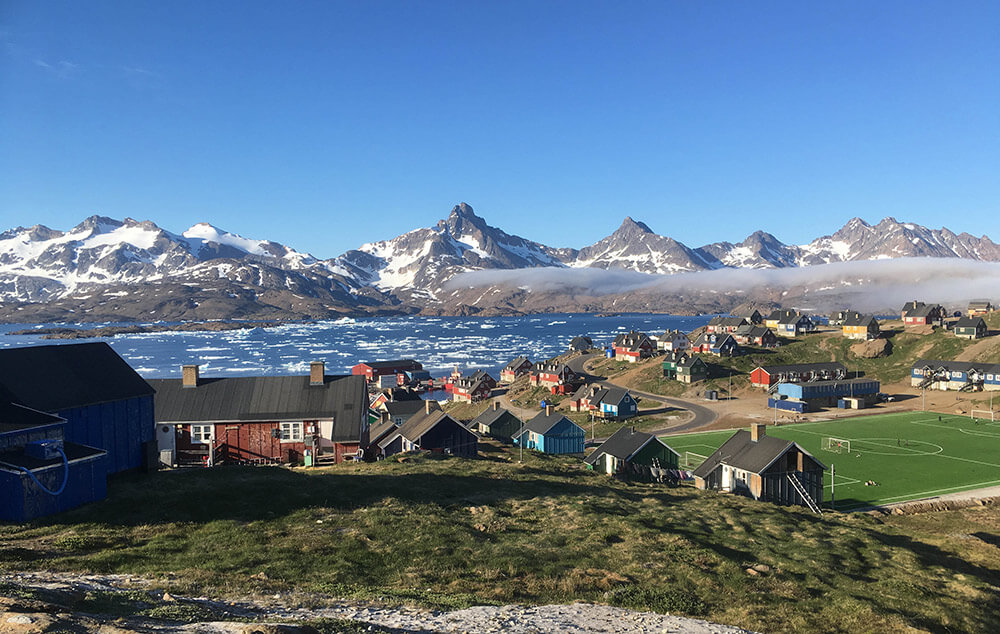
Talking to people there and in neighbouring Kulusuk, I got the same sense of ambivalence that Niviaq Korneliussen captures so well in Crimson. She also shows us the bleaker, grittier side of the capital, Nuuk, a place where many Greenlanders or their ancestors came after being forcibly displaced by the Danish colonisers.
I appreciated the way in which Niviaq Korneliussen told the story of the young Greenlanders in this novel. She communicates very clearly a sense of displacement and disillusionment on multiple levels. But at the same time, there is a hopeful trajectory both to the overall story and to most of the individual character arcs. It’s a bleak, tough, confusing world, but these five young people battle it with determination and a fair dose of humour and charm.
Despite what I said recently about liking unlikeable characters, the cast of Crimson were people I truly could root for and enjoyed spending time with. Add a fresh, contemporary narrative style that is true to the speech patterns (and texting habits) of young people while also managing to weave in some beauty, and you’ve got a winner.
There are still a few days left in Indigenous Literature Week, so head over to the site to sign up or read more reviews.
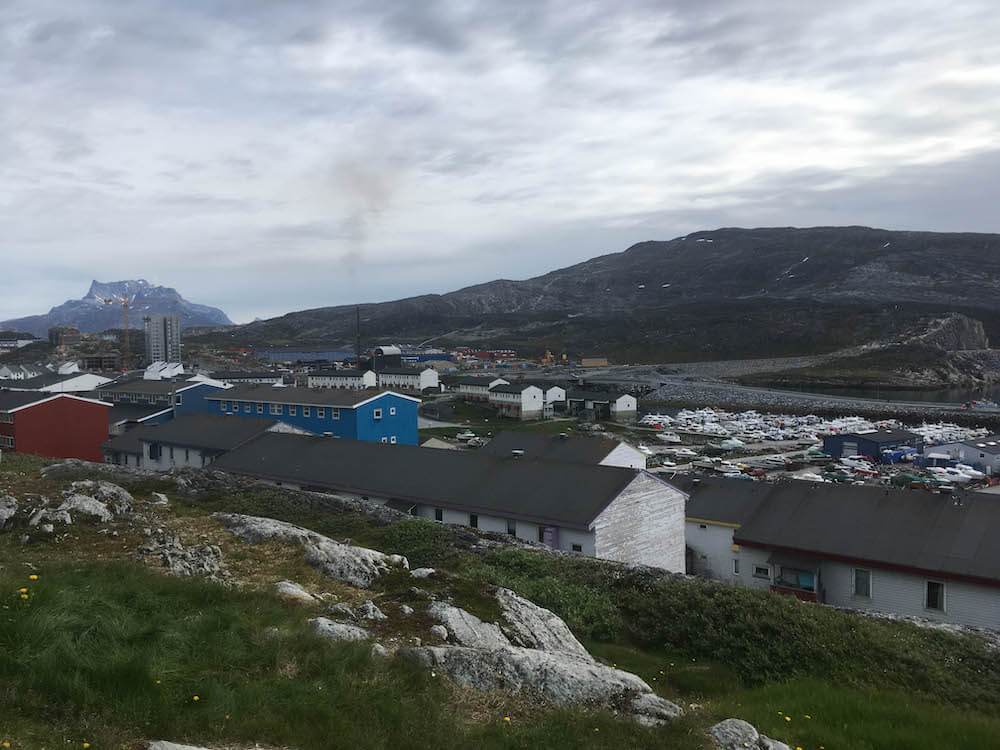

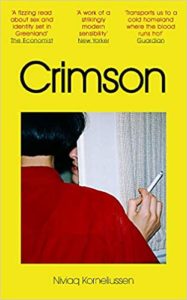
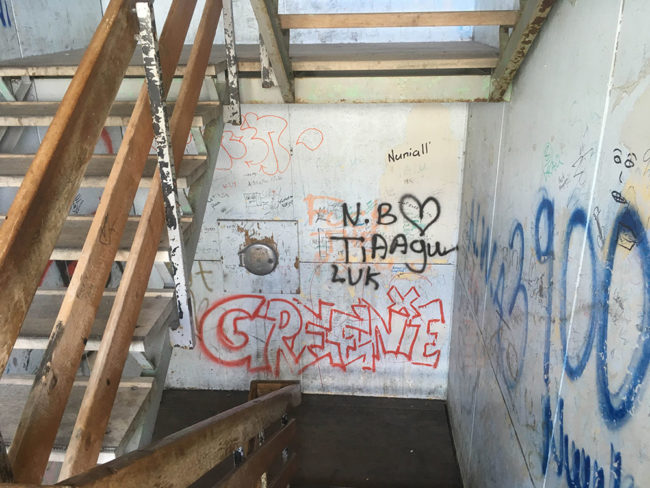
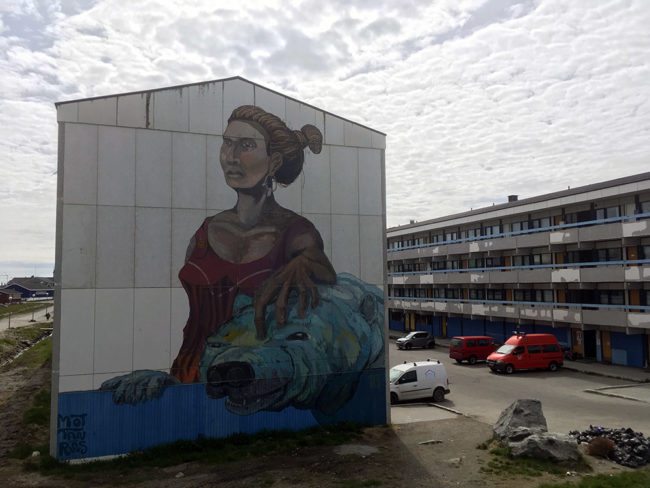
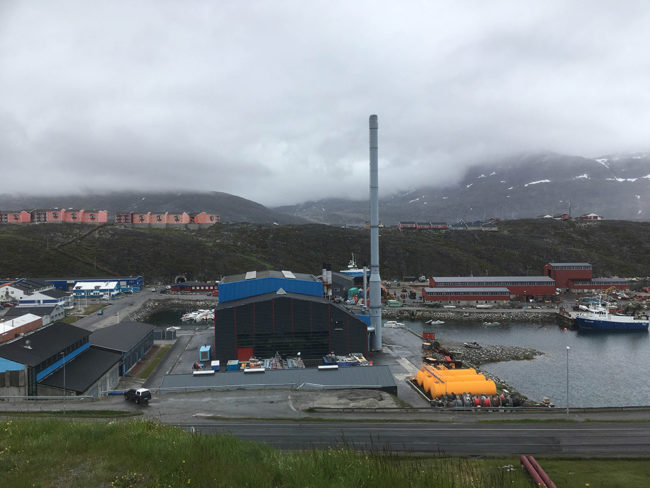
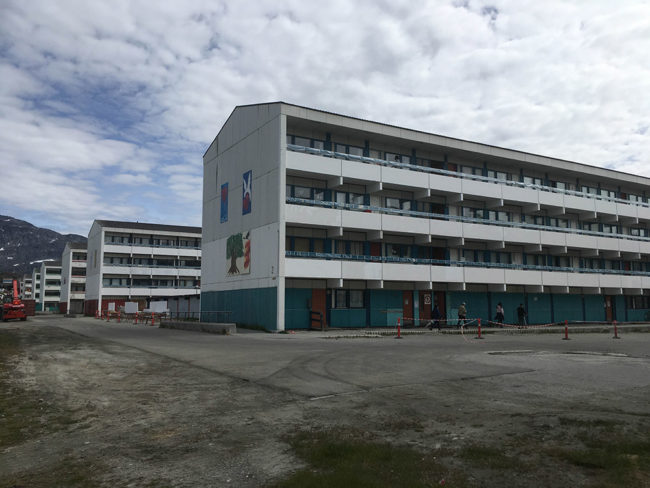



There are 6 comments
I ‘m pretty sure I have never read a book by a Greenland author or even set there for that matter. Sounds like a good read.
Yep, I think it’s my first Greenlandic novel too, Stefanie, and it was a good one. I can also recommend An African in Greenland by Tété-Michel Kpomassie, a memoir of a teenager in 1960s Togo who becomes obsessed with Greenland and makes his way there to live.
Wow, this sounds so interesting and unlike anything I have read! Thank you for sharing. I really want to check it out now.
Hi Cheryl, Yep, it’s a good one! It was quite different from what I usually read too, and it felt very refreshing. If you do end up reading it, I’d love to hear what you think.
Oooo, it sounds like this is right up my street. If others are similarly enticed but not overseas, the copy available in North America is titled Last night in Nuuk and I believe there is one other title too; at first I was disappointed to think it wasn’t available but the author’s name turned up a French edition and an anthology of Nordic writers in addition to this polyphonic novel. Excited to read: thank you!
And…I finally got one of Borges’ books via ILL but it’s not the one you’re reading. Still, maybe when you get back to posting on him I’ll have something to add from this “On Writing” volume (his Fictions still are in high demand…I’ll just have to try and replace my original copy at some point).
Oh, thanks for pointing this out—I didn’t know it had a different title in North America.
Oh, it’d be great if you’d like to join in on the Borges Marathon! I just did another post today, and my idea is to post monthly, around this time. But I lack your discipline, so I think my schedule may end up being a bit more erratic! Please do jump in whenever you want, and I’ll link to your post from the series page I’m putting together: https://andrewblackman.net/borges-marathon/